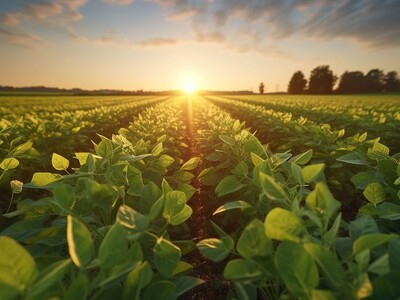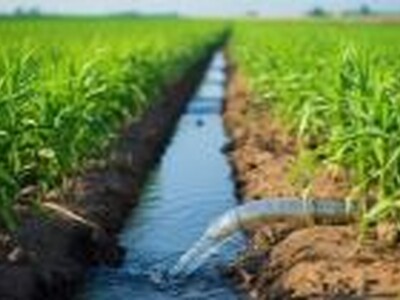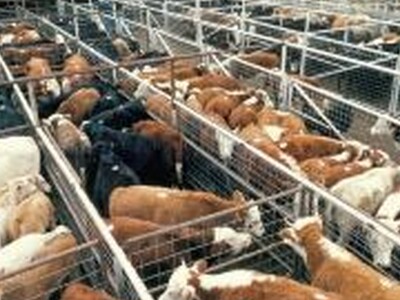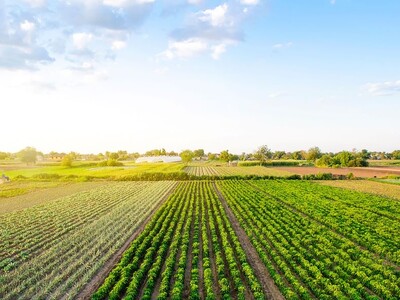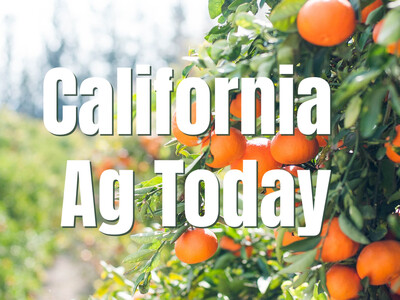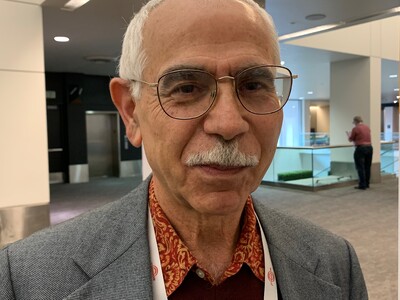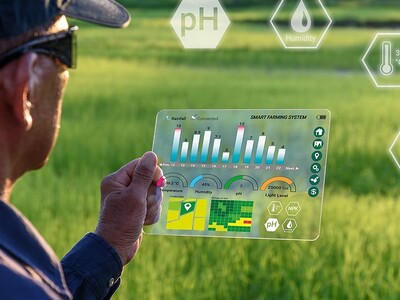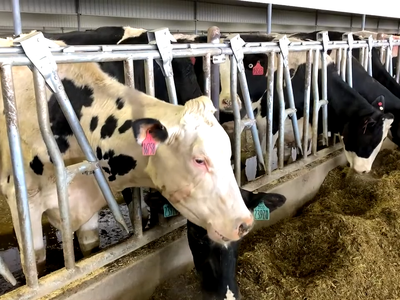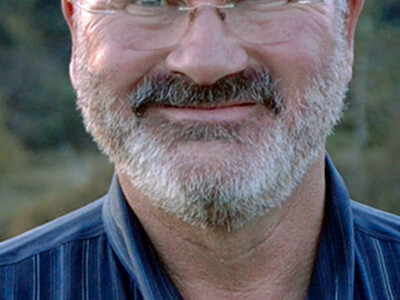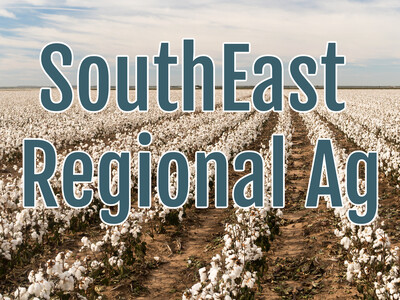2010 Ag Year in Review
Ag Year In Review. I’m Greg Martin with today’s Line On Agriculture.
Today we begin our look back at the events and items that made up the agricultural news in 2010 and we started things off in Orlando, Florida where like this year a cold snap was putting a damper on the second annual Potato Expo which brings together all 4 sectors of the potato industry including chip, seed, process and fresh. But according to the National Potato Council’s John Keeling.
KEELING: At the core of it it’s all about growers growing potatoes and trying to be profitable doing it.
This years Potato Expo will kick off next week in Las Vegas. All the different ag industries do a wonderful job of marketing their products and according to the United States Potato Boards Meredith Myers they try to target a fictional female consumer called Linda.
MYERS: And she’s that marketing sweet spot of women who are between the ages of 25 and 54 with kids under 18 at home. Her attention is sought after by many marketers.
The American Farm Bureau Federation held their 91st annual meeting in Seattle and there were some very strong words coming from the meeting directed at the other coast. Delegates voted to support balancing the federal budget by 2019 and continue the organization’s strong opposition to the 2009 buzz phrase “cap-and-trade climate legislation” being considered by Congress. AFBF’s president, Bob Stallman.
STALLMAN: We don’t want any misguided climate change legislation that’s going to downsize American agriculture and put a burden on this country. We still support all of the same conservation and voluntary incentive-based environmental programs that we have in the past. That hasn’t changed.
President Obama’s first State of the Union Address kicked off February and covered a lot of ground, quite a few issues pivotal for farmers and ranchers. American Farm Bureau Public Policy Director Mark Maslyn said one of the biggest issues was when the President said he was not giving up on climate change legislation.
MASLYN: Climate change legislation, in and of itself, is not the problem. The problem for us is this notion of a cap-and-trade component to a climate change bill. The concern we have with cap-and-trade is that by most accounts, it results in a loss of productive farmland going into forestry. That’s not good for this country, it’s not good for our markets abroad and for those countries that rely on our food exports.
More tomorrow as we take a look back to 2010. That’s today’s Line On Agriculture. I’m Greg Martin on the Ag Information Network.




